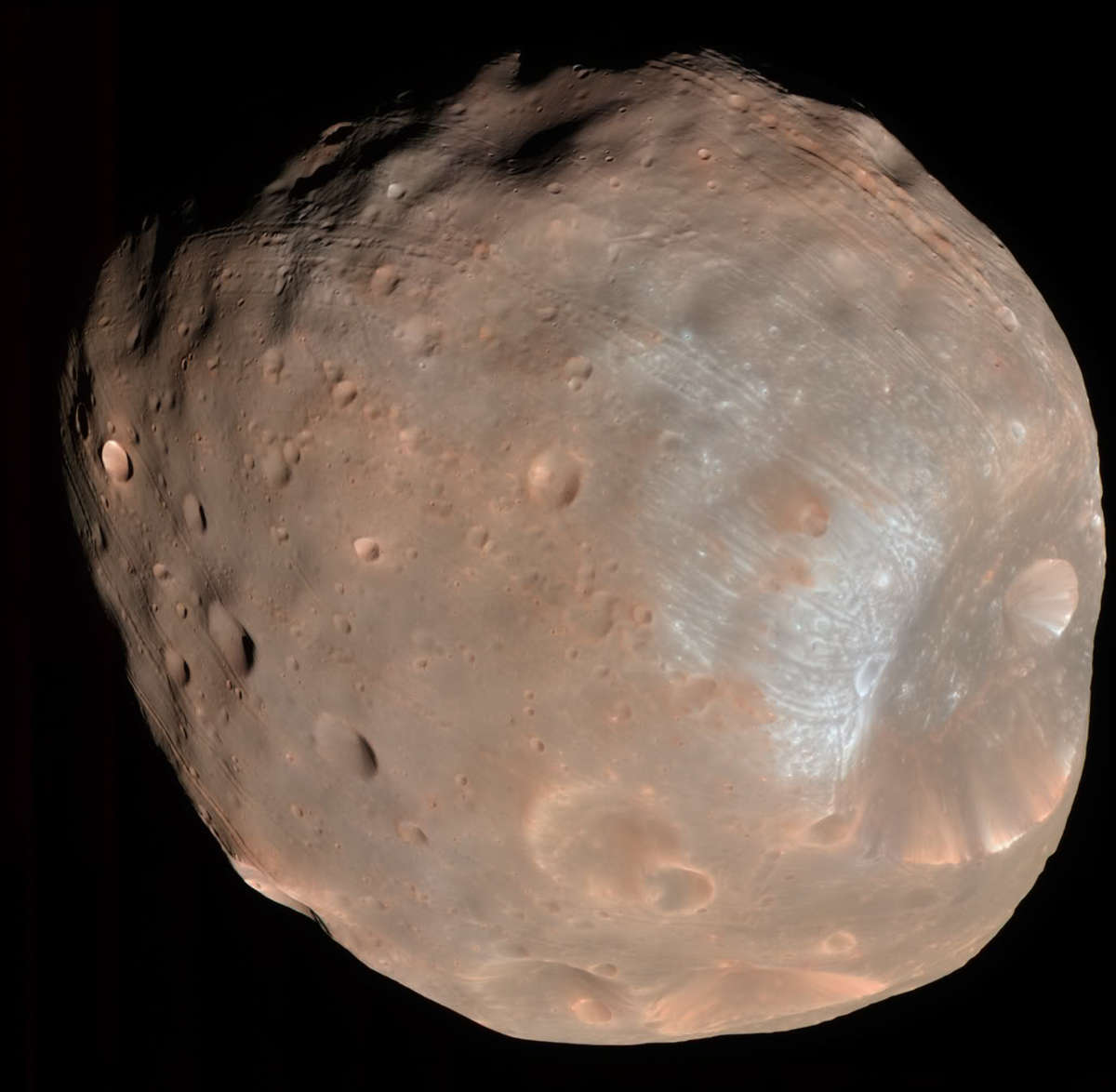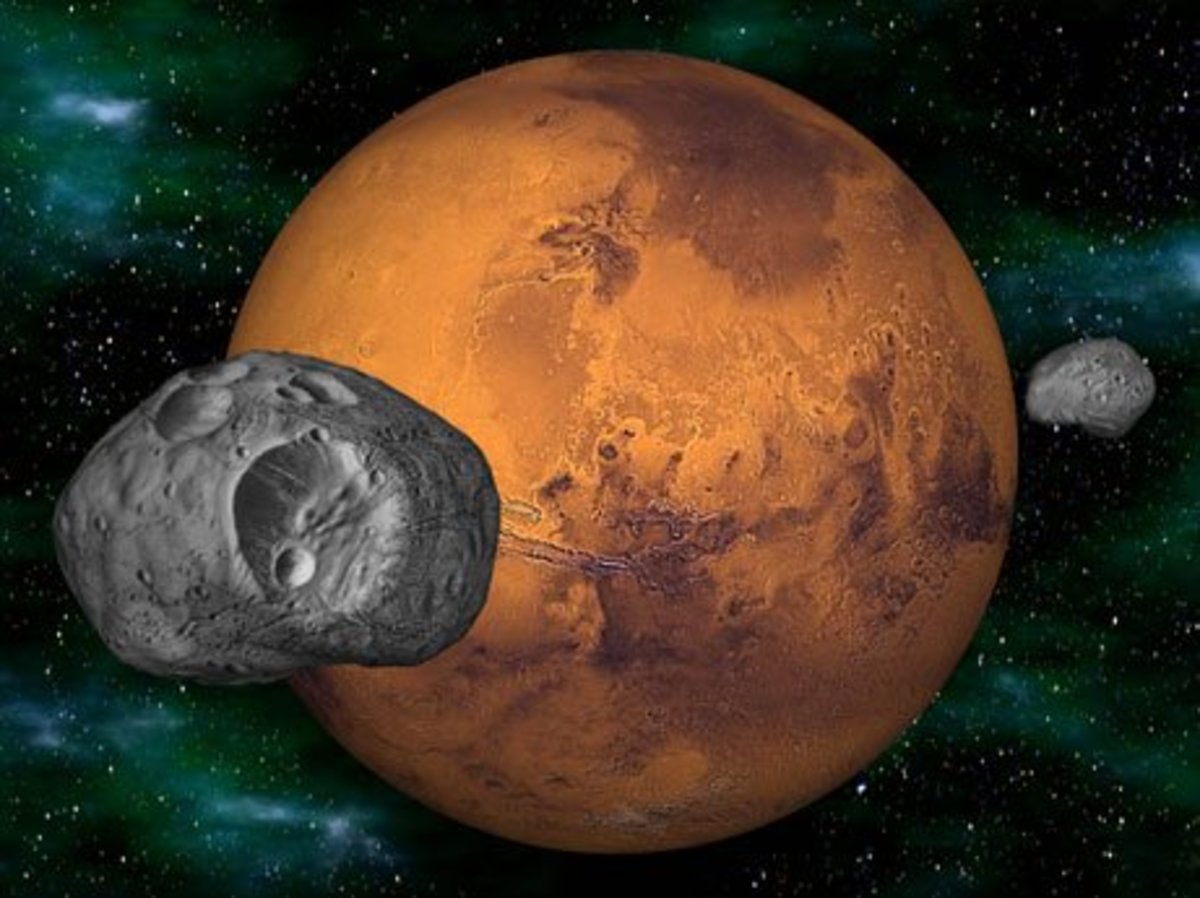Challenges of Colonizing Mars

It's Inevitable
Just as we must first learn to walk before we can run, we must first explore and inhabit other planets in our own solar system before we can hope to travel to distant galaxies. Successfully colonizing Mars is the first logical step in that quest, and it is as inevitable as the exploration of the New World by early European explorers.
To some, human habitation of Mars may seem like a flight of fancy. However, plans for the first human settlement on Mars are already underway. Perhaps due to humanity’s enduring fascination with space exploration, considerable interest in the project has been generated. There was even a plan for a Reality TV event that would depict the entire process, from the selection of astronauts to their eventual settlement on Mars. Unfortunately, they went bankrupt. But it's still interesting that it went as far as it did.
Initial Colonization
The initial colonization will be very risky, and involve a lifetime commitment for those special few who are courageous enough to make the attempt. Return from the Red Planet, at least in the early years, will be impossible. Those selected to go will live out their lives in their new home. Add to that the lack of privacy and intense media attention, and it’s easy to see how crucial crew selection will be. Studies on the stresses that a Mars crew would face have revealed a wide range of adverse reactions that will need to be addressed.
Before the first humans arrive, extensive preparations will need to be made. Communications equipment will need to be sent to Mars and deployed in advance. Supplies will need to be pre-positioned. Robotically built habitats will need to be constructed in advance, and tested for sustainability. In short, years of advance preparation will be required before the first humans can set foot on Mars.
Intrepid Expeditions
Once people do successfully land on Mars, life for these bold explorers will be an unparalleled adventure. Even the most intrepid expeditions on Earth can’t compare with this undertaking. Every prior colonization that people have undertaken has involved the possibility of return home, and the comforts of breathable air and potable water. Nothing can be taken for granted on this distant, harsh planet.
The true test for creating a thriving colony on Mars will be in harnessing indigenous resources and becoming self-sustainable. Technologies that will enable this transformation have yet to be invented. However, just as with every prior new frontier, the innate human drive to survive and overcome obstacles will undoubtedly prevail. It’s only a matter of time.
Being a Colonist
As for me, I’m too old to contemplate a trip to Mars. That is unless medical technology catches up with the human spirit, and my consciousness can be transplanted into an android of some sort. In that case, I’d be one of the first to sign up for the adventure. Having been raised on Star Trek, I can’t think of a more exciting adventure to undertake. It would definitely kick my travel game up several levels.
However, if that situation actually took place, then I’m also certain that there would be competition to sign up as an early colonist. What would the criteria be, if physical limitations were no longer an issue? Perhaps it’s a moot point, since those with money could easily buy their way to the head of the line. These are all questions I have late at night, as I drift off to sleep.
Of course, we’ll all need to survive the COVID-19 pandemic first. Which makes me question whether or not humanity is really ready for such an undertaking. But it’s never stopped us before. So, what do you say? Care to join me on Mars? Something better to think about than how much toilet paper I have in the closet.
References
Franz, P. (February 24, 2013). Astronauts headed to Mars face psychological challenges. In Digital Journal. Retrieved February 21, 2013, from http://digitaljournal.com/article/343503.
Jha, A. (September 3, 2012). Human colonization of Mars likely in 2023. In Digital Journal. Retrieved February 21, 2013, from http://digitaljournal.com/article/332033.
Whyte, C. (June 5, 2012). Dutch startup plans to colonize Mars by 2023. In International Science Times. Retrieved February 21, 2013, from http://www.isciencetimes.com/articles/3132/20120605/dutch-startup-plans-colonize-mars-2023-mars-one-mission.htm.
When do you think humans will colonize Mars?
This content is accurate and true to the best of the author’s knowledge and is not meant to substitute for formal and individualized advice from a qualified professional.
© 2020 Carolyn Fields








